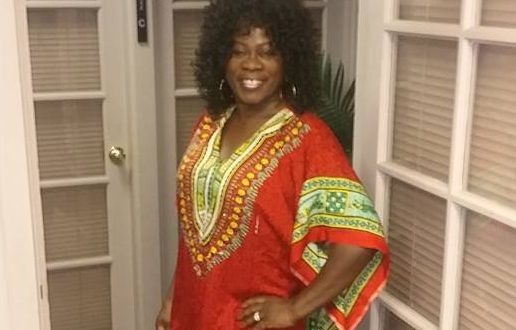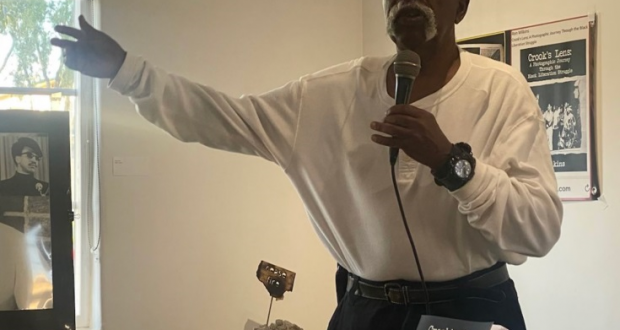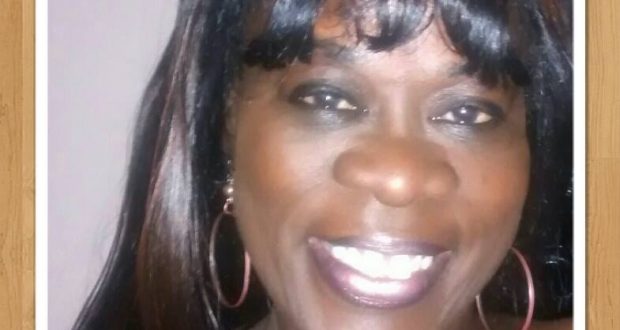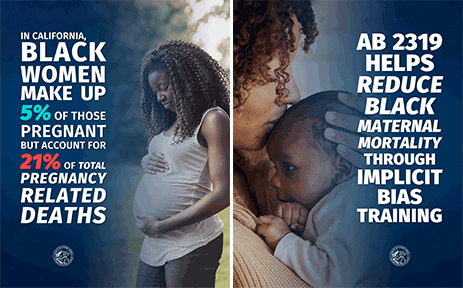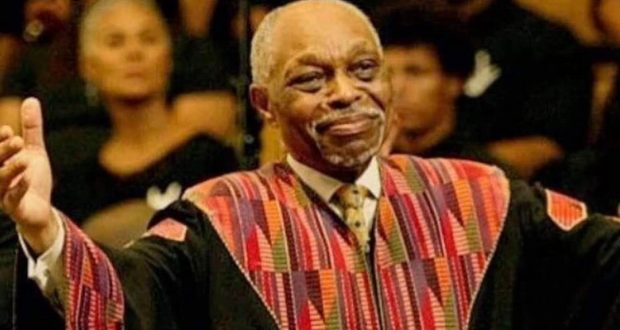This week, Marijuana enthusiasts across the state of California — and around the world are — observing 4/20/2020.
But, this year, the famous pot smoking celebration in California, where the weed industry has been struggling to take off, has taken another twist. Like every other activity and public function, it will be happening, if it does at all, privately, away from public spaces, as the global COVID-19 pandemic that has now killed more than 1,000 Californians continues to rage.
San Francisco Mayor London Breed issued a statement urging people to continue practicing social distancing on 4/20.
“I want to be clear with people who come to San Francisco on 4/20 to Robin Williams Meadow to celebrate 4/20, do not come to San Francisco,” warned Breed, the city’s first Black woman mayor. She was elected in 2018.
“We will not allow this unsanctioned event to occur this year especially in the height of a pandemic,” she added.
The unofficial “holiday” honoring the consumption of cannabis has become almost synonymous with California. Five high school students first coined the term “4:20” in 1971 at San Rafael High School in Marin County near San Francisco. Hippie Hill, the largest annual public pot smoking celebration in the world is held in San Francisco every year. Several more large festivals rivaling the Bay Area’s are held downstate around Los Angeles.
In pop culture, California rappers like Snoop Dogg, Dr. Dre and Nipsey Hussle – and 1990s urban movie classics like “Friday” — have popularized weed smoking and created a laidback, dazed-out hip hop weed aesthetic straight out of the stereos of tricked-out whips and against the backdrop of the hazy Southern California sunshine.
In 1996, California became the first state in the United States to legalize marijuana for medical purposes. Then in 2016, by a ballot measure, Prop 64, voters approved the use of recreational marijuana, prompting big investments in the state’s weed industry. But the retail business has been slow to pick up — some say because of high state and local taxes, protests from NIMBYs, and stiff competition from a thriving untaxed illegal market that is more rooted and widespread than the legal one.
Prop 64 included in it a provision to establish the California Community Reinvestment Grant (CalCRG) program funded by excise and cultivation taxes on cannabis. The program funds programs that assist Californians disproportionately affected by federal and state War-on-Drug policies. Among its programs, the grant helps formerly incarcerated people reintegrate into society with “trauma-informed” care. The majority of those impacted were Black and Hispanic men, women and children.
Even though the state has deemed weed an essential commodity during the COVID-19 crisis, the state’s weed industry is sputtering.
Some weed smokers have been excited that the unofficial observance of weed smoking is unique this year because the date has four twenties in it. Some putting forth the suggestion that entire month of April, which is technically 4/20, like the date, be celebrated this year.
“At 4:20 on 4/20/2020, there will be four twenties,” are the words on a sign rapper Snoop Dogg is holding on a meme making its way around the internet.
But the excitement that was building up to this year’s celebration has been cooled by strict social distancing measures issued by the state during the current pandemic. Organizers of San Francisco’s “Hippie Hill” 4/20 celebration have cancelled the event.
“We take the health and safety of the public, our staff, vendors, and sponsors very seriously. We feel it’s all of our responsibility to do our part to minimize social gathering and potential spread of this virus in the community,” reads a message on Hippie Hill’s official website.
The 4/20 celebration usually takes place in Golden Gate Park, but this year organizers are urging people to stay home and smoke.
“While this event is cancelled in person, it is not cancelled in spirit! We want everyone to celebrate this historic day by staying in and supporting your local delivery services and dispensaries,” it says on the Hippie Hill website.
 Westside Story Newspaper – Online The News of The Empire – Sharing the Quest for Excellence
Westside Story Newspaper – Online The News of The Empire – Sharing the Quest for Excellence
